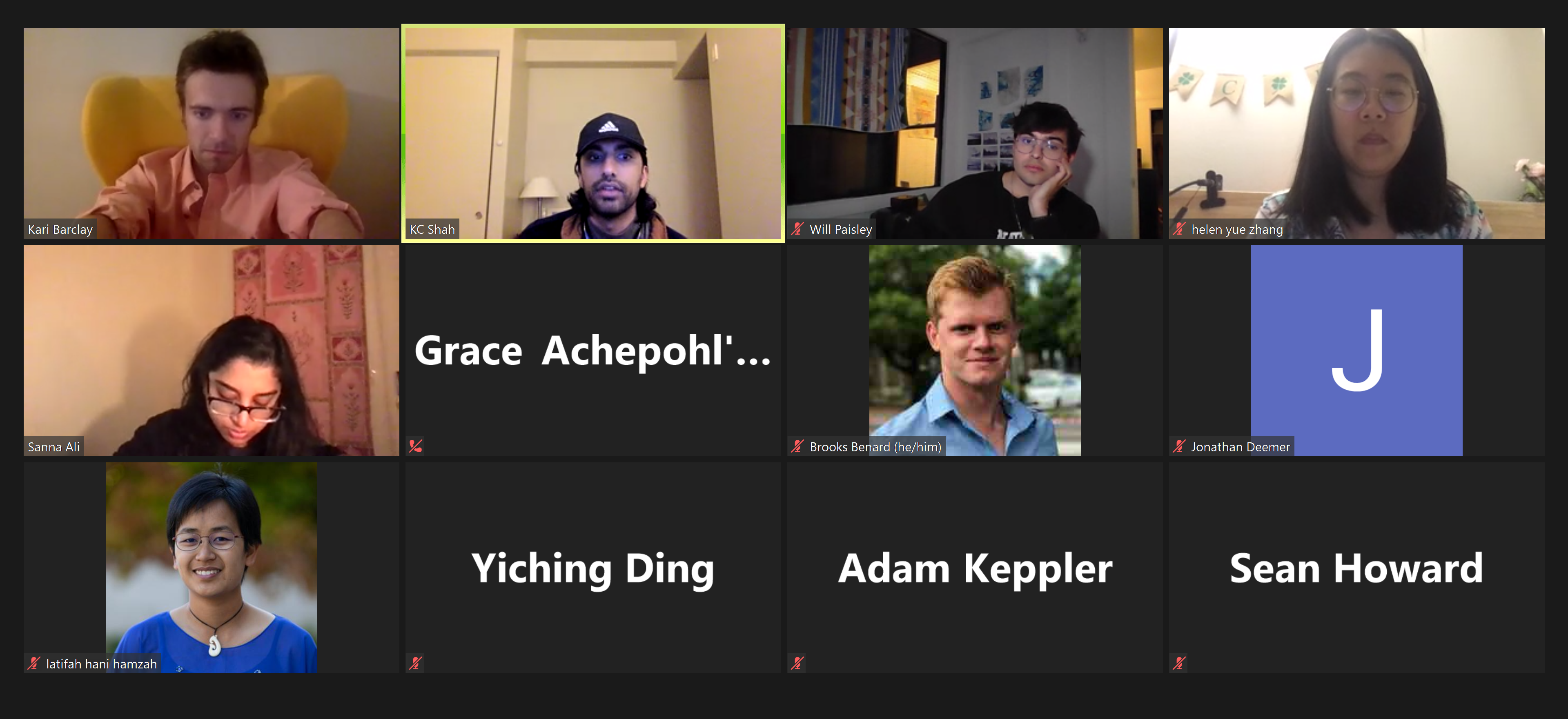The Graduate Student Council (GSC) did not vote on funding recommendations for the 2021-22 academic budget at its Wednesday meeting. Instead, the Council decided to renegotiate its joint funding recommendations with the Undergraduate Senate.
The GSC typically aims to keep year over year budget increases below 5%, but the proposed budget would represent an increase of approximately 7.8% from the previous year’s recommendation. The year over year increase for the Undergraduate Senate, which unanimously approved the recommendations on Monday, would be just 3.7%. Depending on the nature of each student organization, the Senate and the GSC are responsible for different proportions of the funding. The GSC plans to meet with senators either to change the amount of funding recommended or to adjust the joint split.
“I am conflicted on how we should move forward on this,” said GSC co-chair Will Paisley ’20 M.A. ’21. “My biggest hope would be to be conservative and maintain the fee as much as possible,” he added, referring to the activity fee, a quarterly fee that the University collects on behalf of the Associated Students of Stanford University to support grant funding for student initiatives. A higher budget could mean an increase in activity fees.
The largest increase in recommended funding, both in dollar amount and percentage, came from Stanford Club Sports, which requested nearly double the amount recommended in last year’s budget. The group said that the increased funding is necessary to support the 11 sports that will lose their varsity status at the end of this academic year, according to Councilor Helen Yue Zhang, a second-year Ph.D. biology student.
One of only three organizations that would lose some funding under the proposed budget is the Association of Chinese Students and Scholars at Stanford (ACSSS), a cut that Councilor Yiqing Ding, a fifth-year mechanical engineering Ph.D. student, took issue with. Ding, who was previously affiliated with ACSSS, said that he saw the decrease in funding as “unfair,” given that the group is one of the only organizations on the budget that is made up of a graduate student majority.
“Our funding should primarily go to grad students,” Ding said. “But we’re actually cutting the one for grad students and contributing more towards undergrad.”
Zhang said that she will meet with ACSSS to find a better balance between the needs of the group and the funding constraints within the GSC.
While he understands the financial limitations that the GSC needs to take into account, Councilor Adam Keppler M.S. ’20 MBA ’22 said that he hopes the Council will be able to accommodate the requests of the organizations, specifically the cultural groups.
“I know a lot of people have been really looking forward to these events coming back and having those opportunities to meet in person, and I’d hate for us to run into budgetary walls,” Keppler said. “If we don’t provide the funds that people need, and we’re all back in person I think that would be a really sad time if, say Chinese New Year has to be shrunk down because we weren’t able to fund it.”
